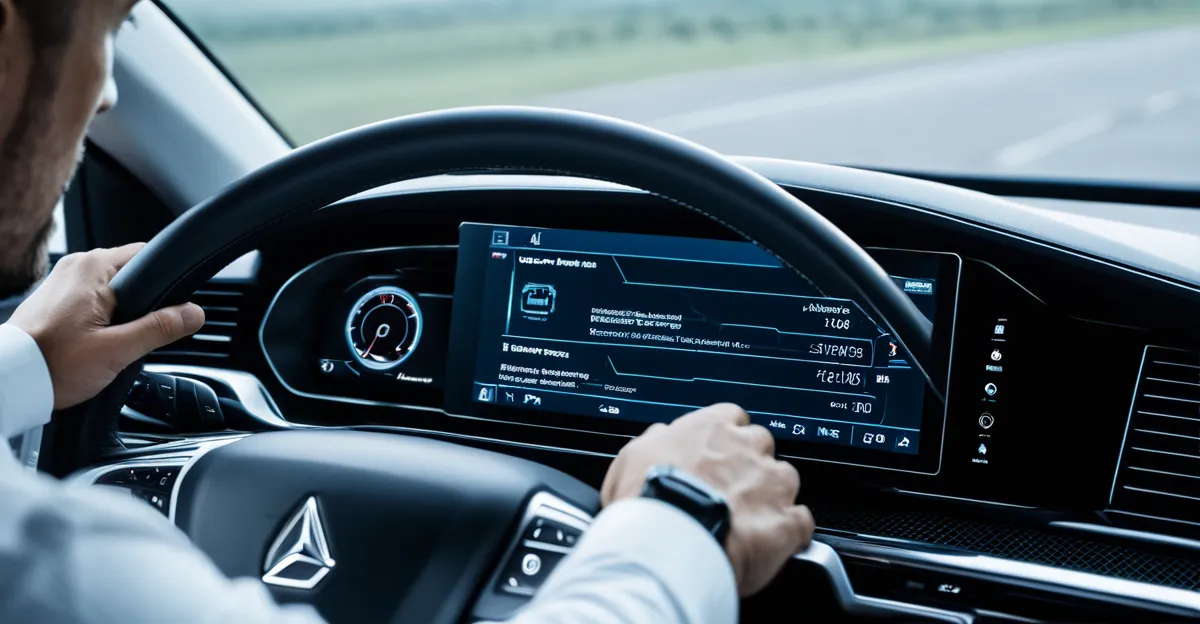How artificial intelligence is reshaping UK automotive engineering
Artificial intelligence (AI in UK automotive industry) is revolutionizing automotive engineering by enabling smarter, faster, and more precise processes. The adoption of artificial intelligence automotive engineering is driven by the need to improve design quality and manufacturing efficiency while reducing costs. UK technology trends show that AI adoption is rapidly increasing across various stages—from initial design to production and after-sales services.
Key factors propelling AI integration include the UK’s strong commitment to innovation, substantial government support, and vibrant tech startup ecosystem. Initiatives such as funding for AI research and development facilitate rapid advancements in AI-powered engineering tools. This support not only accelerates innovation but also addresses challenges like real-time data processing and complex system simulations.
This might interest you : How is the UK automotive industry preparing for the rise of shared mobility services?
Within the current market context, UK automotive manufacturers leverage AI to enhance product lifecycle management and predictive analytics. AI in UK automotive industry contributes to quicker prototype testing, enabling iterative improvements with fewer resources. Consequently, AI-driven insights sharpen competitive positioning in a globalized market, reaffirming the UK’s role as a hub for cutting-edge automotive technology.
Leading AI applications in UK automotive engineering
Manufacturing process automation stands at the forefront of AI adoption in UK automotive engineering. Smart factories equipped with AI-powered robotics and real-time monitoring systems allow for streamlined production lines, reducing errors and accelerating throughput. This automation not only enhances efficiency but also improves safety by handling repetitive or hazardous tasks.
In the same genre : What is the significance of government policy on the UK automotive sector?
Artificial intelligence automotive design benefits significantly from AI-driven design optimization. Advanced algorithms assist engineers in creating more efficient, lightweight, and aerodynamically superior vehicle components. Simulation tools powered by AI rapidly test design variations, enabling quicker iterations and lowering prototyping costs. For example, AI can predict structural weaknesses before physical testing, saving valuable time and resources.
In addition, predictive maintenance technologies utilize AI in UK automotive industry services to analyze sensor data from machinery and vehicles. This approach anticipates equipment failures, minimizing downtime and repair expenses. By embracing manufacturing process automation, AI design optimization, and predictive maintenance, UK automotive engineering demonstrates how artificial intelligence automotive engineering revolutionizes production and improves operational efficiency at multiple levels.








